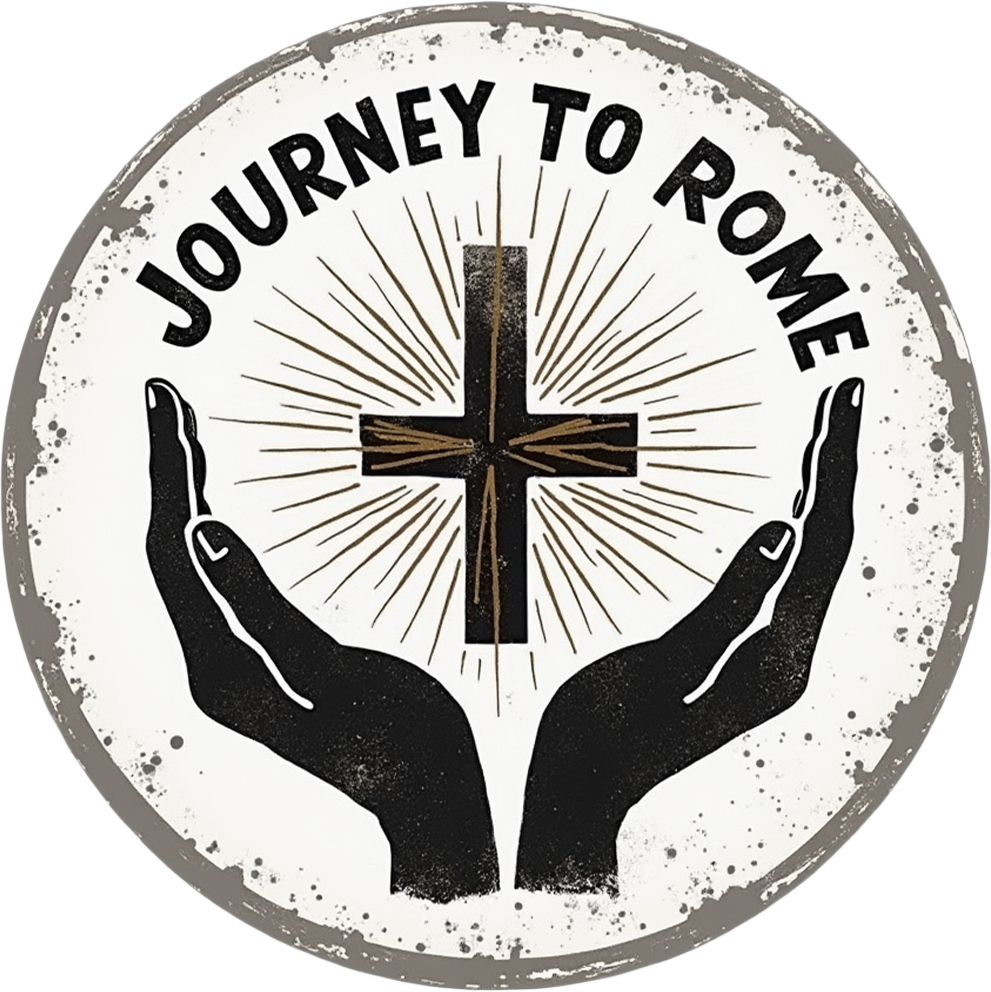Religion Isn’t the Enemy of Relationship, It’s the Framework
Religion vs Relationship: The False Dichotomy
- John Scott
In many modern Christian circles, the phrase “It’s about relationship, not religion” has become a common mantra. At first glance, it sounds compelling. Who wouldn't want a personal relationship with God over a stale set of rules? But while this phrase is often well-intentioned, it oversimplifies and even misrepresents the nature of authentic Christian faith, especially from a Catholic perspective.
1. False Dichotomy
The biggest issue with the phrase is that it sets up a false opposition between “relationship” and “religion,” as if the two are mutually exclusive. In reality, Christianity has always been both deeply relational and profoundly religious. The God of Scripture invites us into a relationship, but that relationship is not vague or formless. It’s expressed through covenant, community, worship, and obedience: the very things that define religion.
Religion, from the Latin religare (“to bind again”), refers to a binding relationship between God and humanity. It's not a set of empty rituals; it’s the structure that sustains and deepens our connection with God and with each other.
2. Jesus Practiced Religion
Jesus was not anti-religion. He worshipped in the synagogue, celebrated Jewish feasts, read Scripture publicly, fasted, taught with authority, and respected the authority of the Mosaic Law. When He criticized the Pharisees, it wasn’t because they were religious. It was because they were hypocrites. In Matthew 23, Jesus strongly rebukes the scribes and Pharisees. Yet in verse 2-3, He clarifies that despite their corruption, they still occupy a seat of legitimate teaching authority. Therefore, we are to follow what they teach, but not follow their example. His issue wasn’t with religion itself, but with religion emptied of love, humility, and sincerity.
To reject religion altogether is to reject the very framework in which Christ revealed Himself and through which the early Church operated.
3. Relationship Without Structure Is Vulnerable
Imagine trying to build a relationship without any shared practices, rhythms, or commitments. In a marriage, for instance, love is deepened and protected through vows, rituals, and intentional actions. So it is with our relationship with God. Liturgy, sacraments, prayer, and doctrine are not barriers to intimacy; they’re the very scaffolding that allows love to grow.
Without the structure of religion, one’s spiritual life becomes highly individualistic, subject to personal feelings, whims, or interpretations. This often leads to fragmented doctrine, confusion, or even spiritual pride. Religion, especially as understood in the Catholic faith, protects the relationship from distortion.
4. The Church Is a Family, Not a Solo Journey
To say "it's just me and Jesus" is to miss the communal nature of Christianity. Christ didn’t leave us a book and say “figure it out”. He established a Church. A relationship with Christ naturally involves His Body, the Church, which He called “the pillar and foundation of truth” (1 Timothy 3:15). The Church is not a religious obstacle to God. It’s His gift to us, safeguarding the truth and nourishing the faithful through the sacraments.
5. Religion Done Right Leads to Relationship Done Right
When religion is lived authentically, it’s not a lifeless formality but a living, breathing encounter with God. It shapes our loves, disciplines our desires, and anchors us in truth. It protects us from making God into a projection of ourselves.
To discard religion in the name of relationship is like throwing away the trellis because you love the vine. The vine needs the trellis to grow rightly.
The Christian faith is not “religion or relationship”. It is religion that leads to relationship. True religion is not the enemy of intimacy with God, it’s the pathway to it. When we dismiss religion altogether, we risk creating a relationship with a god of our own making, instead of the living God who reveals Himself through the Church, the Scriptures, and the sacraments.
Don’t throw away the tools God gave you to know and love Him.
Religion isn’t the problem, it’s the invitation.


